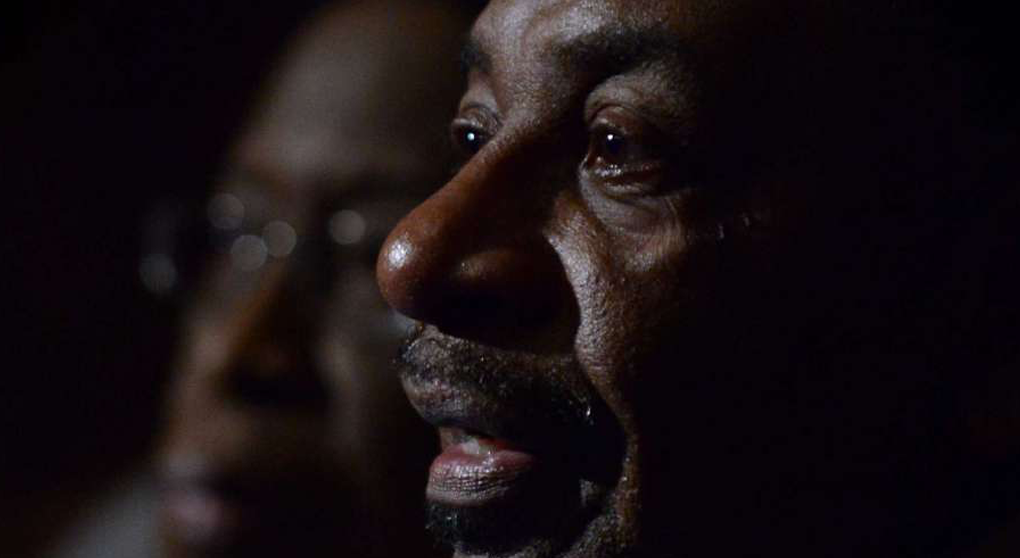By Maria Luisa Cesar : January 18, 2014
SAN ANTONIO — Hungry to hear first-hand accounts of what it was like to be a civil rights activist fighting to end segregation in the Deep South in 1961, community members packed into the San Antonio Museum of Art on Saturday for a screening of the PBS documentary film “Freedom Riders.”
The event was capped off with a panel discussion featuring a handful of the groups’ original members — whose stark recollections of their abuse, courage and victories drew a standing ovation from the crowd of about 200 people.
“We’ve been concerned that our young people aren’t as involved with their rights,” said Julia Aaron Humbles, a Freedom Rider who was one of the first to be arrested.
She told the group that history is doomed to repeat itself if people don’t learn about their past and take action.
“There’s still a fight to be fought, but we’re too old to fight it,” she told the crowd, making them laugh.

Freedom Riders answer questions after a screening of the film “Freedom Riders” at the San Antonio Museum of Art on Saturday, Jan., 18, 2014. Freedom Riders were groups of African-American and white people who rode buses together through the deep South in 1961 in the hope of advancing desegregation. The screening and discussion were part of DreamWeek, a twelve-day summit to promote ideas on diversity, tolerance and equality.
Photo by San Antonio Express News
Freedom Riders brought attention to the persistent racial inequality in the South by filling buses with white and African-American activists and riding them into towns where segregation continued. Audience members asked the group of four what it was like to tell their parents they had decided to participate in the Freedom Rides and whether abuse continued in prison. Patricia Dilworth, a San Antonio resident who was 18 when she decided to take part in the demonstrations, told the crowd that abuse at the hands of prison guards included cramped cells, being fed cornbread with a can of pepper tucked inside, “nasty comments” and only being allowed one shower a week.
When asked if they understood how their actions would shape history, Dilworth laughed.
“I was 18,” she said. “I didn’t know anything.”

Hezekiah Watkins, 13 when he became a Freedom Rider, speaks at the San Antonio Museum of Art.
Photo by Billy Calzada/San Antonio Express News
Several audience members took the opportunity to personally thank the group, which included MacArthur Cotton and Hezekiah Watkins, one of the youngest Freedom Riders.
Lesa Bailey said she was brought to tears by the documentary and deeply moved by the panel discussion.
“I think now about what I can do better as a person in my life to honor their struggles to make everybody equal,” she said after the discussion.
Part of Dream Week events held throughout the city in honor of the work done by Dr. Martin Luther King Jr., the panel was orchestrated by the Dr. J.R. Bowie III Scholarship Foundation and sponsored by the San Antonio Public Library Foundation and the San Antonio Public Library.
The Martin Luther King Jr. March is scheduled for 10 a.m. Monday at the MLK Academy and is considered one of the largest in the country.
mcesar@express-news.net
Twitter: @mlcesar












